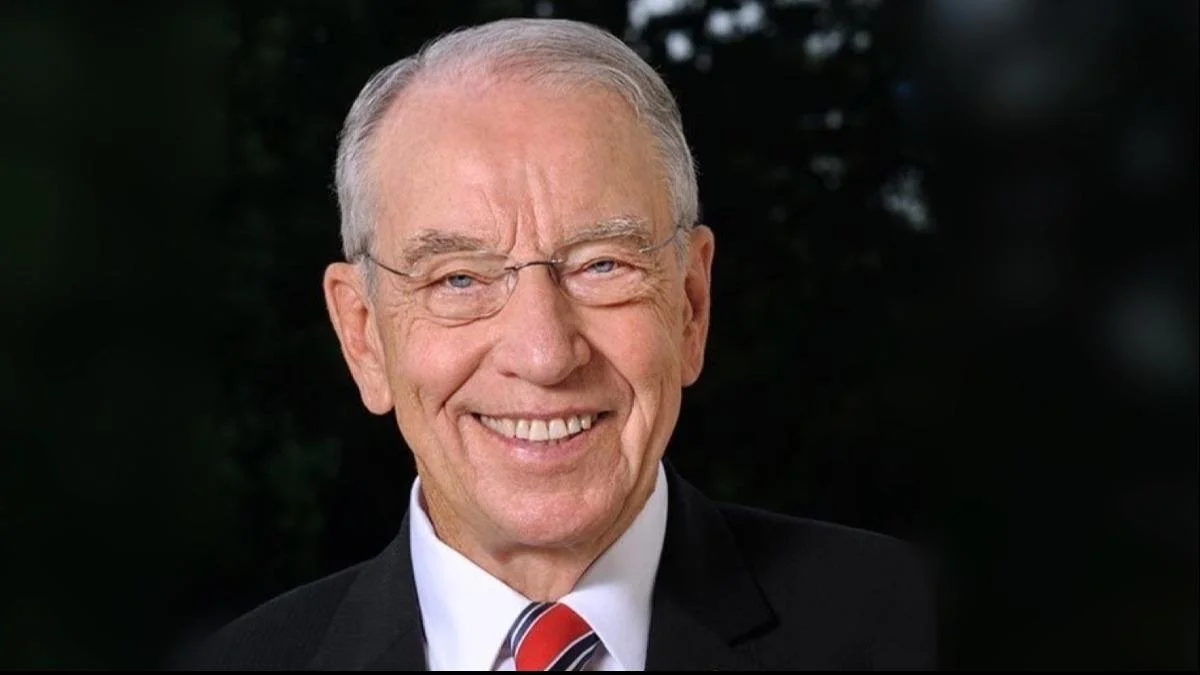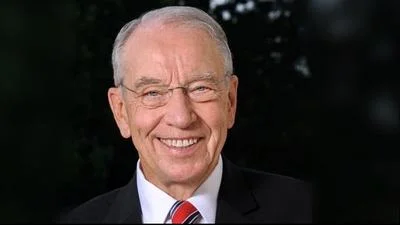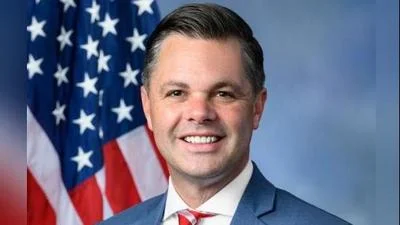Sen. Chuck Grassley - US Senator for Iowa | Official U.S. House headshot
Sen. Chuck Grassley - US Senator for Iowa | Official U.S. House headshot
Senator Chuck Grassley of Iowa has outlined a series of proposed reforms to the Medicaid program, emphasizing measures aimed at strengthening its integrity and efficiency. Speaking for the Congressional Record on July 2, 2025, Grassley addressed what he described as misinformation campaigns opposing these reforms.
Grassley stated, "Contrary to misinformation campaigns seeking to stop common-sense Medicaid reforms from getting to the President’s desk, the One Big Beautiful Bill does not take away Medicaid from those who need it." He emphasized that the bill is designed to ensure Medicaid continues serving vulnerable populations effectively.
The senator provided context on Medicaid spending, noting that under the proposed bill, expenditures would total over $7.4 trillion over ten years. The bill aims to slow the growth rate of spending from an annual increase of 4.5-5% down to 2-3%. Grassley highlighted widespread public support for curbing wasteful spending that burdens taxpayers and diverts resources from those in need.
Grassley cited figures indicating improper federal Medicaid payments between 2015 and 2024 amounted to over $560 billion, with some estimates reaching as high as $1.1 trillion. He also mentioned his role in updating the False Claims Act, which has recovered more than $78 billion lost to fraud.
The proposed bill includes several provisions targeting program integrity: reducing duplicate enrollment, ensuring deceased individuals are unenrolled, and cutting erroneous provider payments. It also requires states to verify individual eligibility for Medicaid twice a year instead of annually.
According to Grassley, these measures could save over $94 billion as per estimates by the Congressional Budget Office (CBO). Additionally, he pointed out issues with excessive subsidy payments through federal marketplaces and projected savings of over $60 billion by addressing these inefficiencies.
Further provisions involve delaying costly regulations affecting nursing homes and state programs while maintaining oversight on care quality for seniors and disabled individuals. These delays are expected to save more than $187 billion according to CBO projections.
Grassley also stressed prioritizing American citizens in accessing resources from programs like Medicaid and Medicare by prohibiting federal support for individuals without verified citizenship or satisfactory immigration status. This measure is estimated to save over $163 billion according to CBO calculations.
In conclusion, Grassley asserted that these reforms establish commonsense measures against wasteful spending while preserving essential services for those most in need.






 Alerts Sign-up
Alerts Sign-up